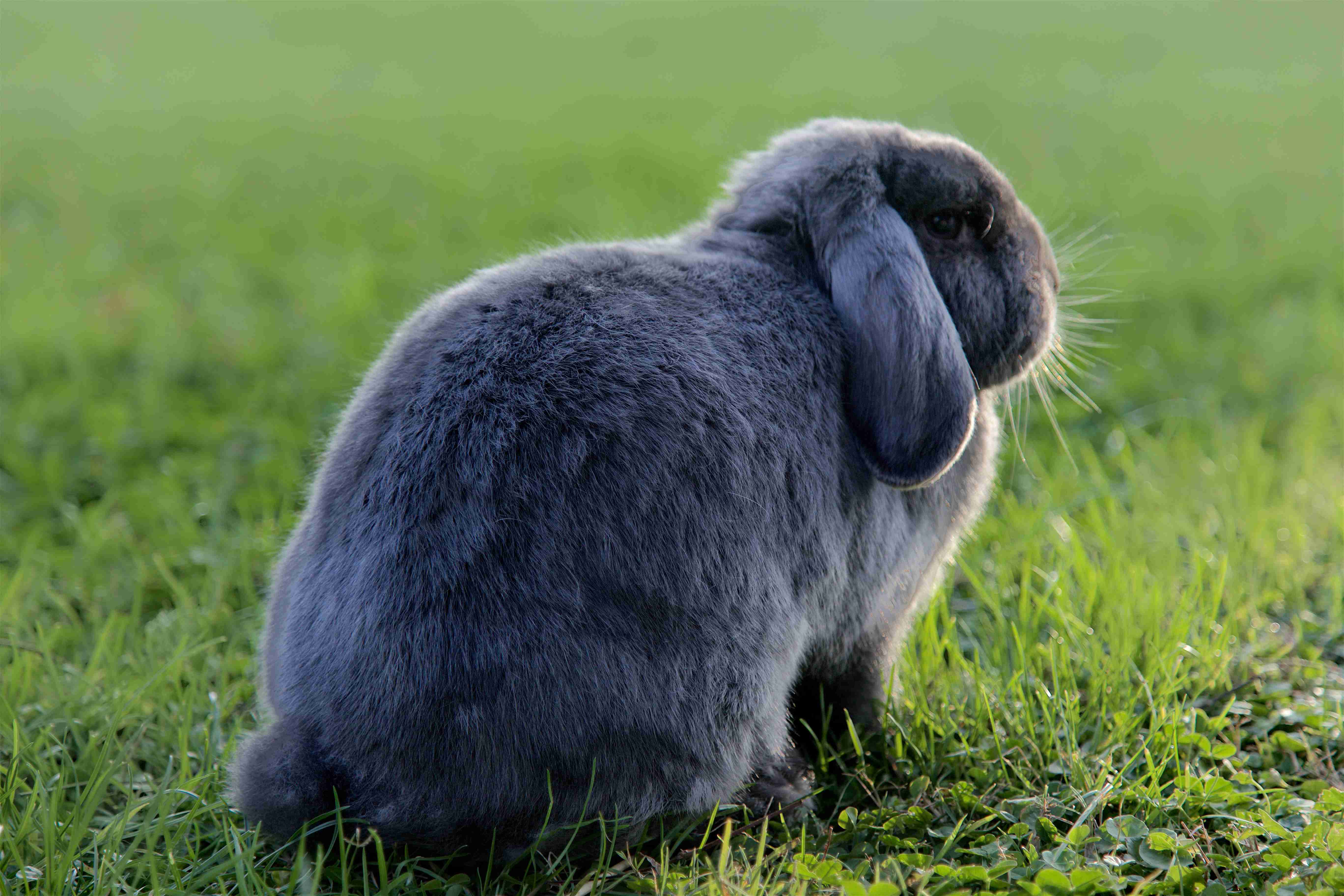If you’re a rabbit owner, you know that these furry little creatures are incredibly adorable and make great pets. But did you know that they’re also prone to urinary tract problems? Urinary tract issues are common in rabbits and can cause a lot of discomforts and health issues if not dealt with promptly. As a rabbit owner, it’s essential to take steps to prevent these problems from occurring in the first place. In this blog post, we’ll share five tips to help you safeguard your rabbit’s urinary tract health and prevent urinary tract issues in rabbits. So, let’s get started!
Rabbits are one of the most adorable and popular pets around the world. However, just like any other pet, they are also prone to various health issues. One such common problem that rabbits face is urinary tract issues. These problems can range from mild to severe and can lead to severe health issues over time if left untreated. In this blog post, we’ll discuss five tips that can help prevent urinary tract issues in your pet rabbit.
1. Provide Fresh Water Regularly
One of the most common reasons for urinary tract infections in rabbits is dehydration. As a pet owner, it is your responsibility to ensure that your rabbit has access to fresh and clean water at all times. Keep an eye on their water intake, and if you notice any changes in their drinking behavior, contact your veterinarian immediately.
2. Feed a Balanced Diet
A balanced diet is crucial to maintaining your rabbit’s overall health, including their urinary tract. A diet rich in fiber can help prevent urinary tract issues by promoting regular bowel movements and keeping the bladder and urinary tract healthy. You can provide your rabbit with a balanced diet by feeding them hay, fresh vegetables, and some fruits.
3. Clean the Litter Box Regularly
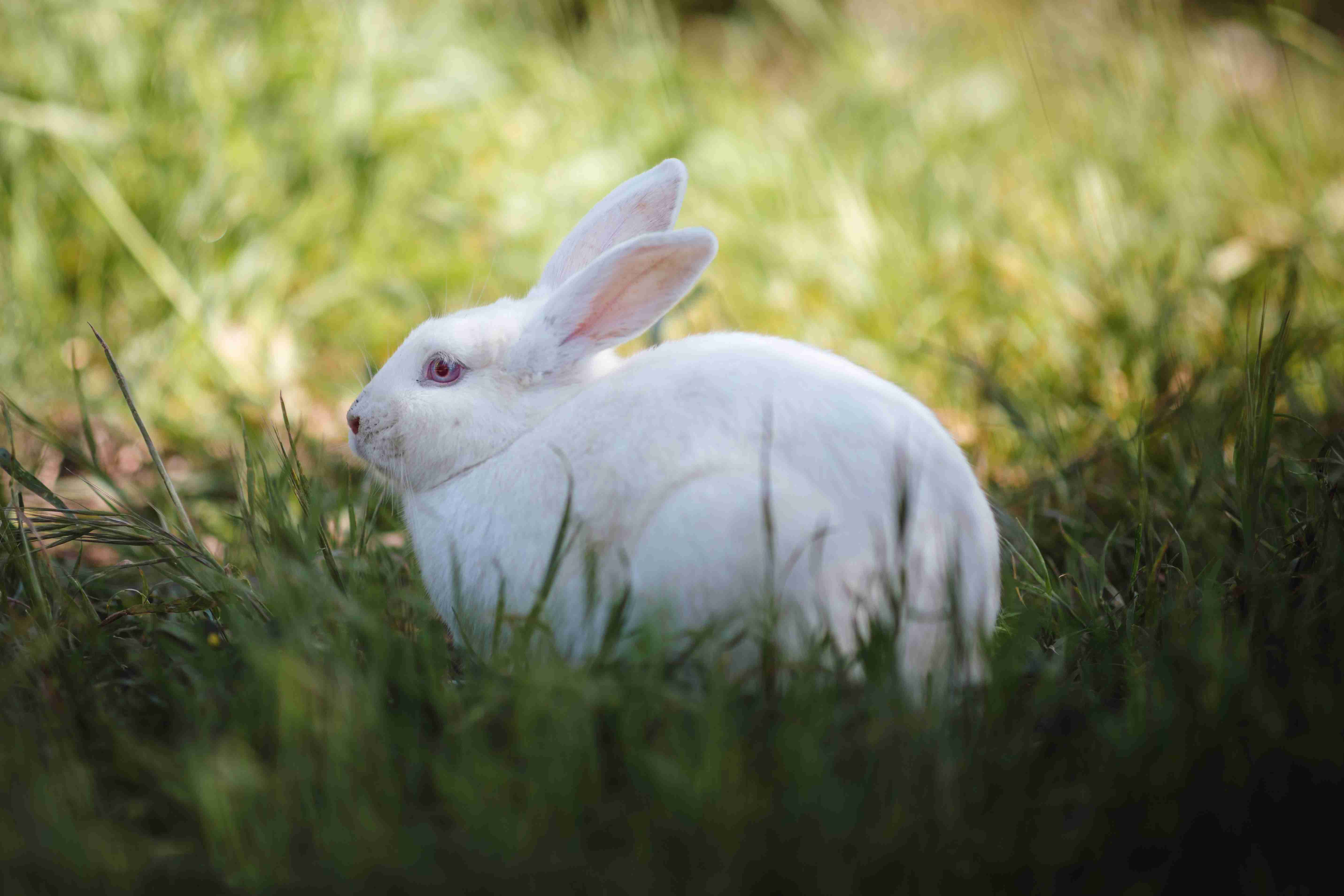
A dirty litter box is a breeding ground for bacteria that can cause urinary tract issues in rabbits. Therefore, it’s vital to clean their litter box regularly. You should clean their litter box at least once a day and replace the litter completely once a week.
4. Provide Enough Space to Move Around
Rabbits that are confined to small spaces are more prone to urinary tract infections. Therefore, make sure that your rabbit has enough space to move around and exercise. You can provide them with a large rabbit cage or a playpen where they can hop and play.
5. Regularly Visit a Veterinarian
Regular vet visits are crucial to maintaining your rabbit’s overall health. A veterinarian can identify any potential health issues early on and provide necessary treatments to prevent them from getting worse. Therefore, it’s essential to take your rabbit for a check-up at least once a year.
Conclusion
Urinary tract issues can cause severe health problems in rabbits, but they are entirely preventable. By following the tips mentioned above, you can help safeguard your rabbit’s urinary tract health and ensure that they live a healthy and happy life. Remember, prevention is always better than cure, so take care of your rabbit’s health, and they will reward you with their love and affection.
In conclusion, taking care of your rabbit’s urinary tract health is essential for their overall wellbeing. By following the tips we have shared in this guide, you can help prevent urinary tract issues in your rabbit and ensure they live a healthy and happy life. Remember to provide them with a balanced diet, sufficient water, clean living space, regular exercise, and prompt veterinary care when needed. By doing so, you can safeguard your bunny’s urinary tract health and enjoy their company for many years to come.


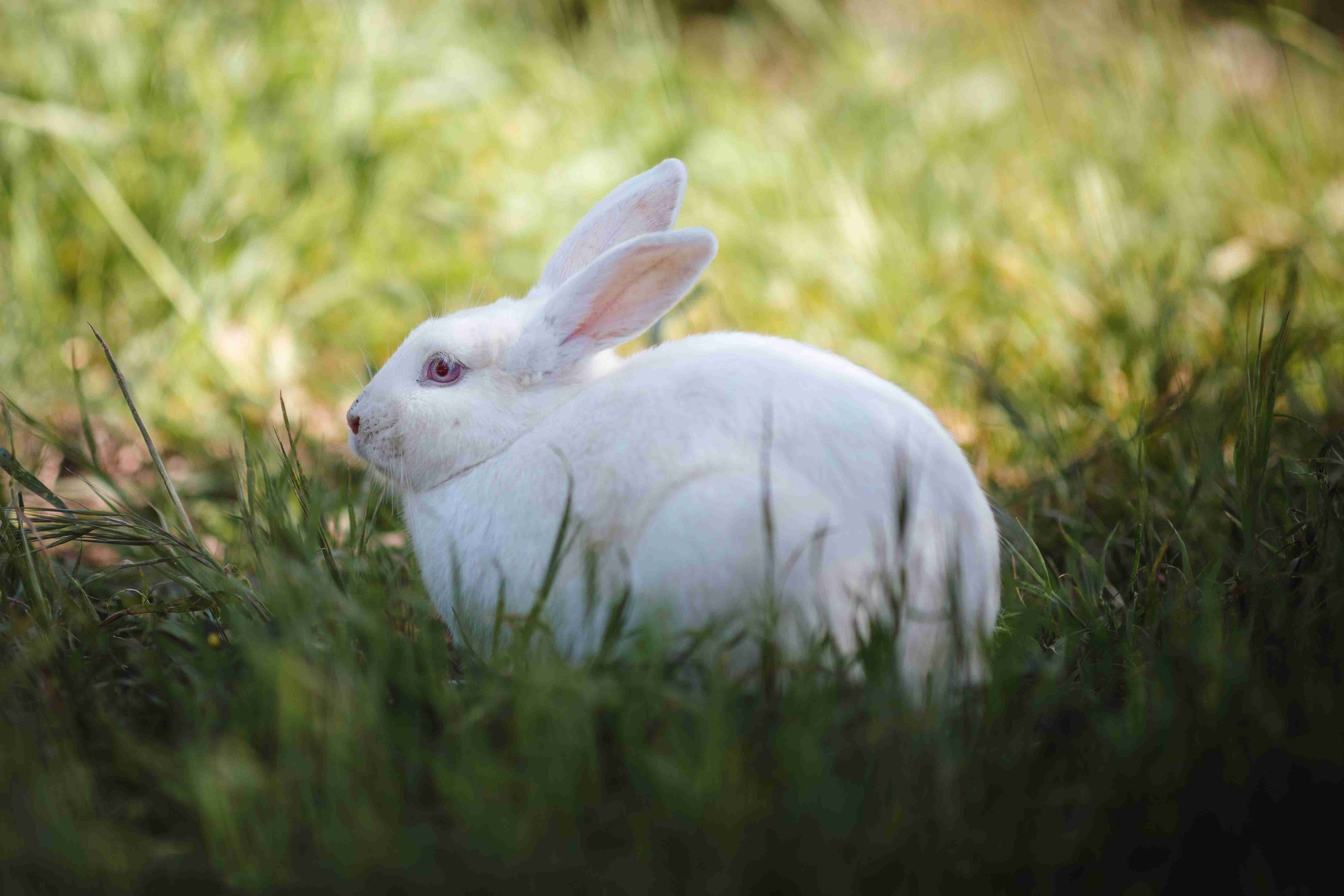
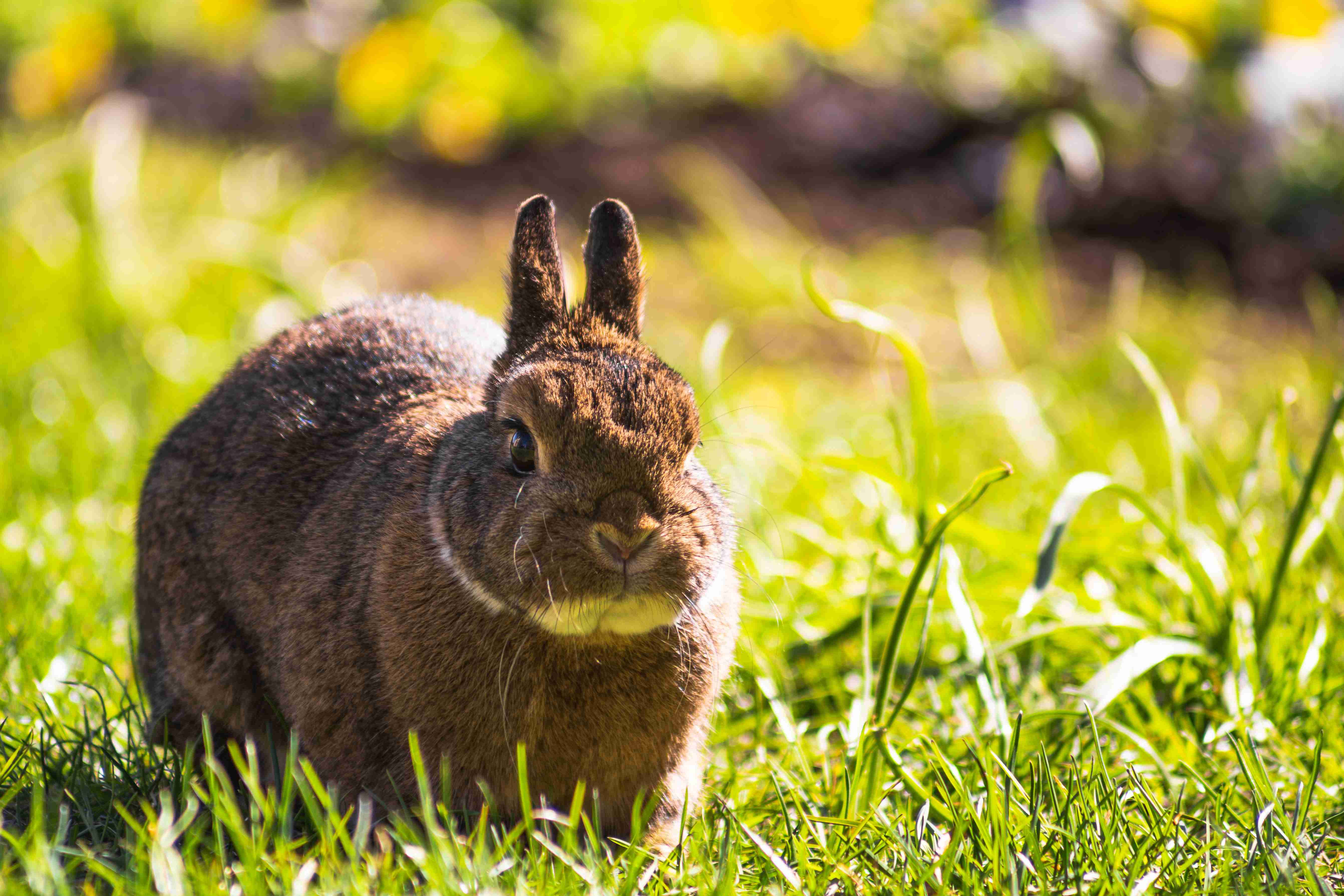
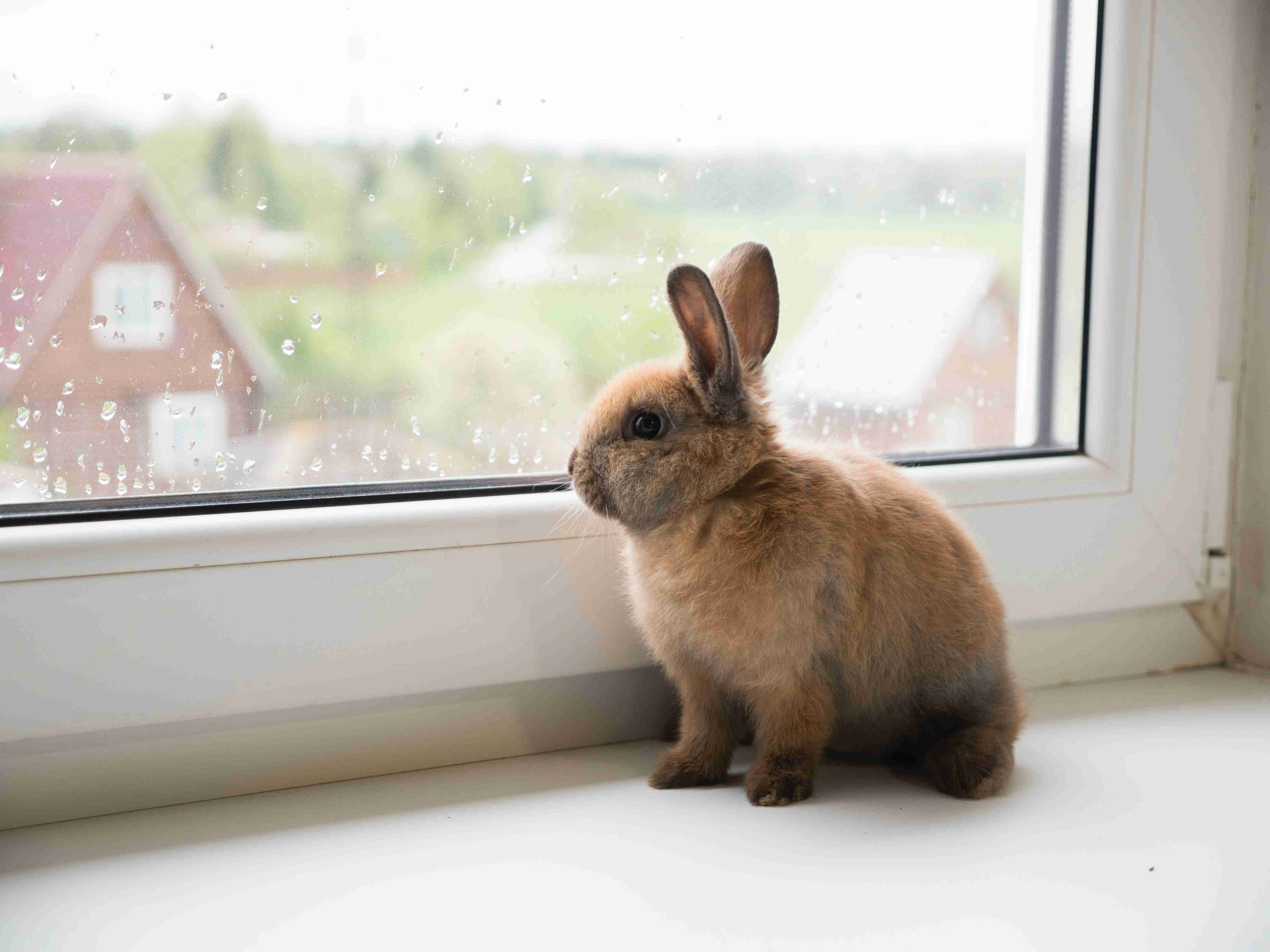

.jpg)
.jpg)
